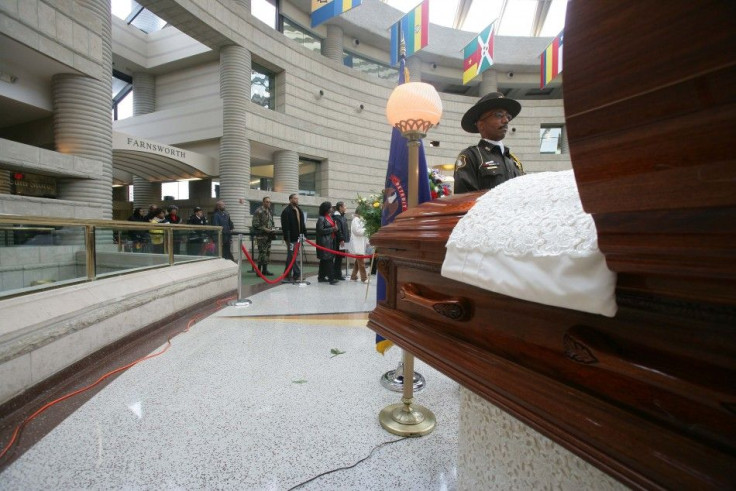Rosa Parks Revealed Rape Attempt in an Essay: Samples

Rosa Parks wrote in an essay that she was nearly raped in 1931 by a white neighbor who employed as a housekeeper. The essay was written many years after the incident and is one of the Parks' personal, written by her own hand, at Guernsey's Auctioneers.
The Associated Press released some samples of the essay.
Civil rights historian Danielle McGuire that she was unaware of the attempted rape on Parks and said that the paper is shocking. The essay also explains why Parks embarked on a lifelong campaign again rape of black women by white men, McGuire told the Sacramento Bee.
"I thought it was because of the stories that she had heard. But this gives a much more personal context to that," said McGuire.
Parks wrote, "He offered me a drink of whiskey, which I promptly and vehemently refused. . He moved nearer to me and put his hand on my waist. I was very frightened by now."
"He liked me. .. he didn't want me to be lonely and would I be sweet to him. He had money to give me for accepting his attentions," Parks wrote. "I was ready to die but give my consent never. Never, never," she added.
The black, middle-aged seamstress who refused to give up her seat to a white passenger on a bus in Montgomery, Ala., in 1955 spent a lifetime fighting racism and sexual violence against black women.
Parks received the Presidential Medal of Freedom and the Congressional Gold Medal of Honor, the nation's highest honors during her lifetime.
"It shows some kind of conscious effort in shaping her own legacy but also, I think, speaks to the issue of respectability. She doesn't necessarily feel comfortable telling the world about what happened," McGuire said. "But she's contemplating telling people about it because she's written it down," she added.
© Copyright IBTimes 2024. All rights reserved.











